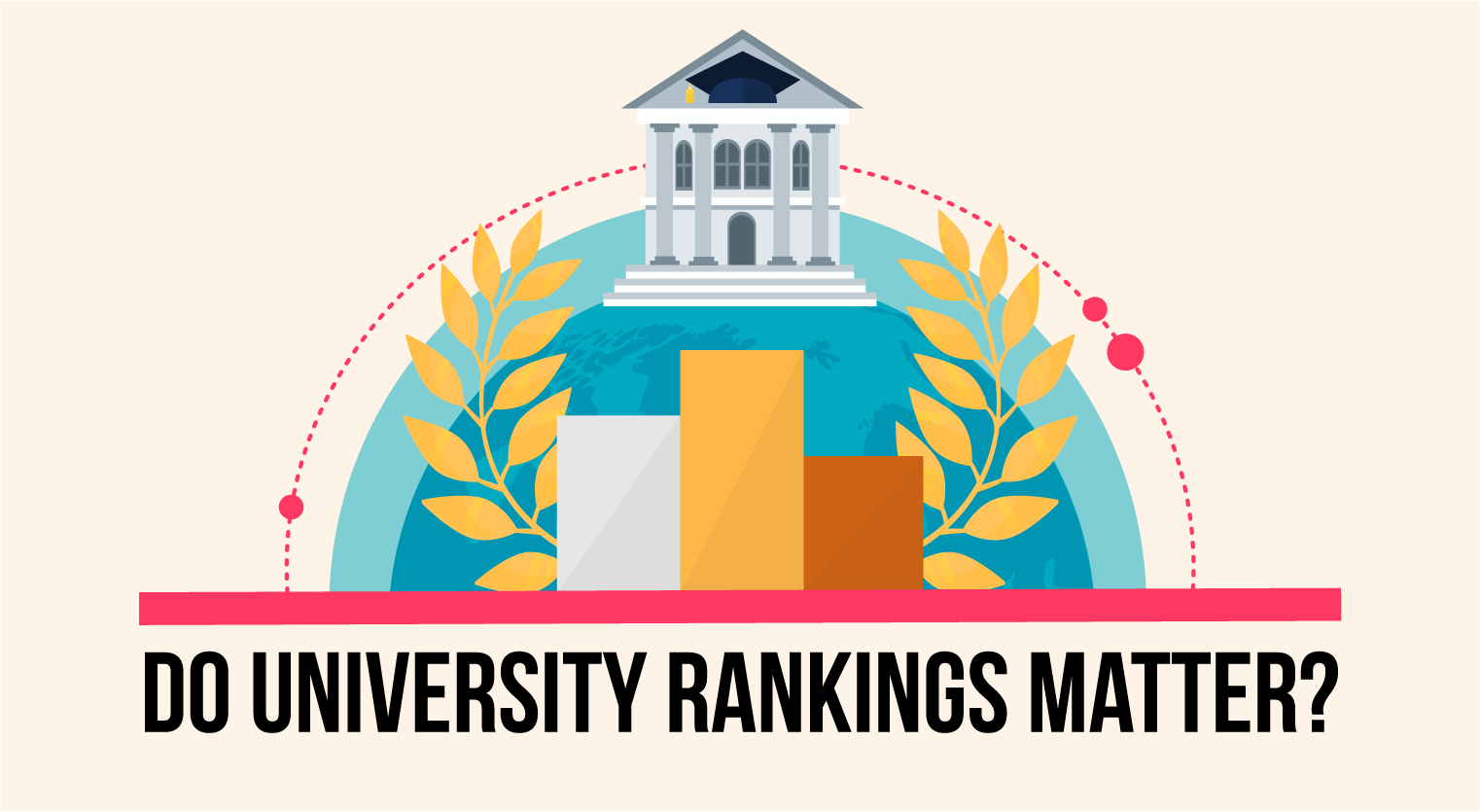The Pros and Cons of Attending a Public University
Still pondering if you should attend a public university or not? Let’s see if these pros and cons can help you weigh your options.
Published 14 Jul 2020

In Malaysia, a public university is an educational institution that receives a generous amount of public funds from the government. There are 20 such universities in the country, all of which are self-governed and confer their own degrees.
Whether you’re considering between public and private, or you’ve made up your mind and just want to make sure you’re heading to university with your eyes open, these list of pros and cons will give you some insight about life at a public university.
The pros of attending a public university
#1. Fees are relatively cheap

Public universities are funded by the government and hence, the fees are heavily subsidised.
This means that you can gain a qualification for a fraction of the price compared to private institutions. For instance, an undergraduate degree at a public university only costs around RM18,000 to RM20,000 for the entire course while studying at a private institution can set you back anywhere between RM40,000 to RM120,000. That’s a huge subsidy from the government!
#2. Wide range of courses
Are you interested in geology? Entomology? Or how about Malay Literature?
If you’re looking to study a unique course, chances are you won’t be able to find it in a private university. In addition to traditional programmes such as medicine, law and business, public universities also offer niche courses from history to muamalat management, allowing you to pursue your passion and interests.
The variety of programmes also indirectly mean you’ll have a chance to socialise with people from different backgrounds and faculties, enriching your university experience.
#3. Highly-qualified lecturers

Did you know that a large percentage of public university lecturers are PhD holders?
What’s more, a good number of them have been trained abroad, with some even conducting their post-doctoral research in some of the world’s top institutions such as the University of Oxford, University of Cambridge and Harvard University.

#4. More options for scholarships

If you are financially strapped, securing a scholarship can save your education.
While many scholarships are open to both public and private institutions (e.g. JPA scholarship), there are a number of scholarships that are exclusively for those pursuing their education in a public university. Additionally, certain financial aids (e.g. Bantuan Kewangan Asasi) are solely for students from public universities.
As such, choosing a public university will widen your funding options.
Apply for university with EduAdvisor
Secure scholarships and more when you apply to any of our 100+ partner universities.
Start nowThe cons of attending a public university
#1. Admission is competitive

It’s no secret that getting into public university can be extremely competitive.
For the 2020/2021 academic session for SPM leavers, only 109,617 students were offered places at public universities out of 205,972 applicants, which is a rate of 53%. As students progress from foundation or matriculation level to undergraduate degree, the numbers will continue to dwindle, not to mention the fact that you may not get your first choice for your degree.
#2. Availability of classes

Seeing that public universities have a large number of attendees, it can be difficult for students to secure the classes that they want. After all, it is virtually impossible for the university to cater to everyone’s desired schedule due to the sheer volume of students.
Additionally, some classes may have restrictions on the number of attendees per class. Therefore, you may find yourself having to wrestle to get into the subjects that you want.
#3. Dated infrastructure and facilities
Public universities have a long history in Malaysia and many were established several decades ago. For instance, Universiti Malaya (UM) was set up in 1962 and Universiti Kebangsaan Malaysia (UKM) in 1970 — that’s more than 50 years ago!
For that reason, public universities can look dated, such as having old buildings that may not be visually appealing. While most universities have improved their facilities, you may still find some buildings with no elevators, which means having to trek up several floors on foot to get to classes. Additionally, accommodation and facilities such as sport centres may be old as well.
Depending on which university you choose, you may have to resign to using old and outdated infrastructure and facilities.

#4. Can be far from home

Unfortunately, public universities aren’t available at every corner of the country. Couple that with the fact that there are limited places at public universities and you may very likely find yourself having to pursue your higher education outside of your home state.
For some, this could be a good thing as you find your footing and independence living away from home. For others, it may be extremely disconcerting to be sent thousands of kilometres across the country away from their loved ones and support circle.
We hope this gives you some insight about the pros and cons about studying at a public university. Whichever you choose, both have their advantages and disadvantages, so be sure to consider wisely and to do your research.






